Costa Rican rose summer coffee beans brewing small candle manor rose summer coffee beans hand brewing water temperature suggestion
Professional coffee knowledge exchange more coffee bean information please follow the coffee workshop (Wechat official account cafe_style)
Panamanian rosy summer coffee was actually introduced from Costa Rica in 1960, when the Costa Rican Coffee Institute obtained some seeds from Tanzania in 1953 as a research variety, which has been ignored because of its low yield. Since Rose Summer Coffee Bean has been carried forward in Panama, in addition to the Panamanian country, Rose Summer Coffee Bean has also been paid more and more attention by Costa Rica, which studies it, and the family of "Rose Summer" Ethiopia. In front of the street, this article will talk about the small Candle Manor, a plantation in Costa Rica that is "made in heaven" for rosy summer coffee.
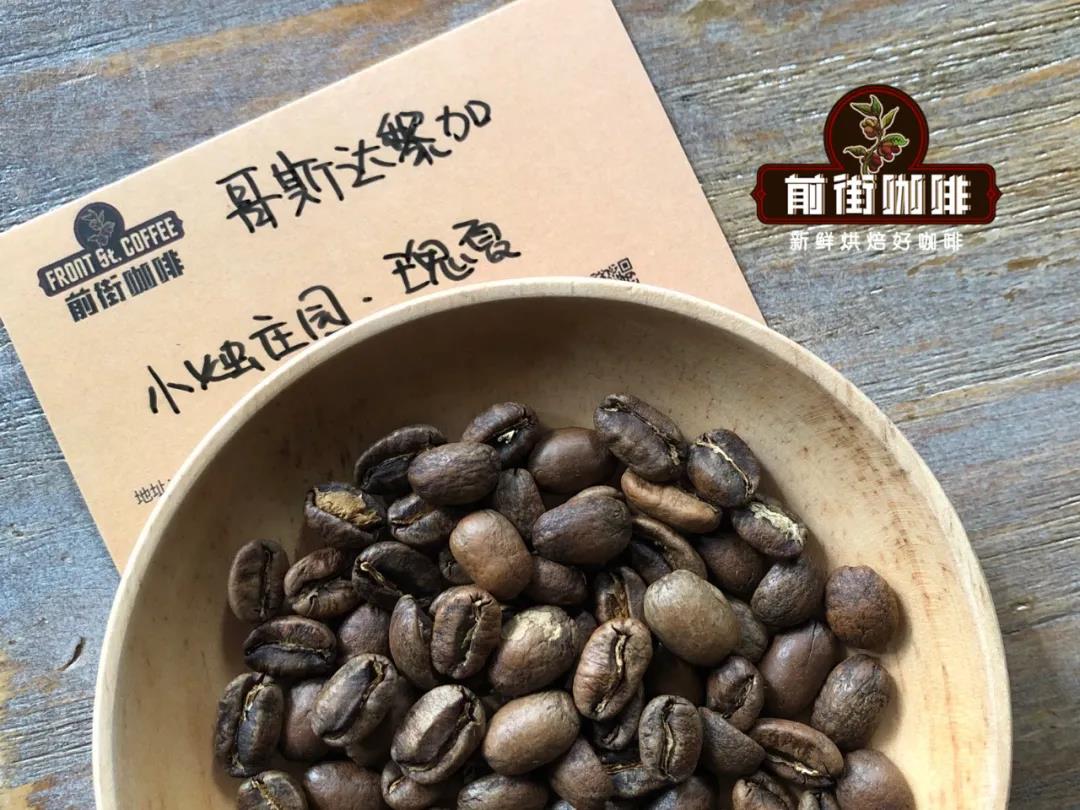
Qianjie Coffee-small Candle Manor Coffee beans
Producing area: Costa immediately Tarazu
Manor: small Candle Manor
Variety: rose summer variety
Treatment: washing treatment
Altitude: 1750m
Small Candle Manor
La Candelilla
The name Xiao Candle comes from a group of glittering fireflies. The Candle Manor is rich in water and high humidity, and the coffee trees planted in the garden create a highly sheltered habitat for fireflies. Every evening, these cute little girls will come out in groups, shining like a bunch of candlelight flying in the air, so the owner of the garden also lovingly named the manor Little Candle Manor.

Small Candle Manor is located in Tarazhu producing area of Costa Rica, 1750m above sea level. Tarazhu producing area has fertile volcanic soil, mild and suitable temperature, and stable and abundant rainfall to provide very high quality conditions for the growth of coffee trees in this area. The manor mainly grows the "twin brothers" of Kaddura-Kaduai, a common coffee variety in Central and South America, and the high altitude environment is also very conducive to the growth of rose summer varieties.
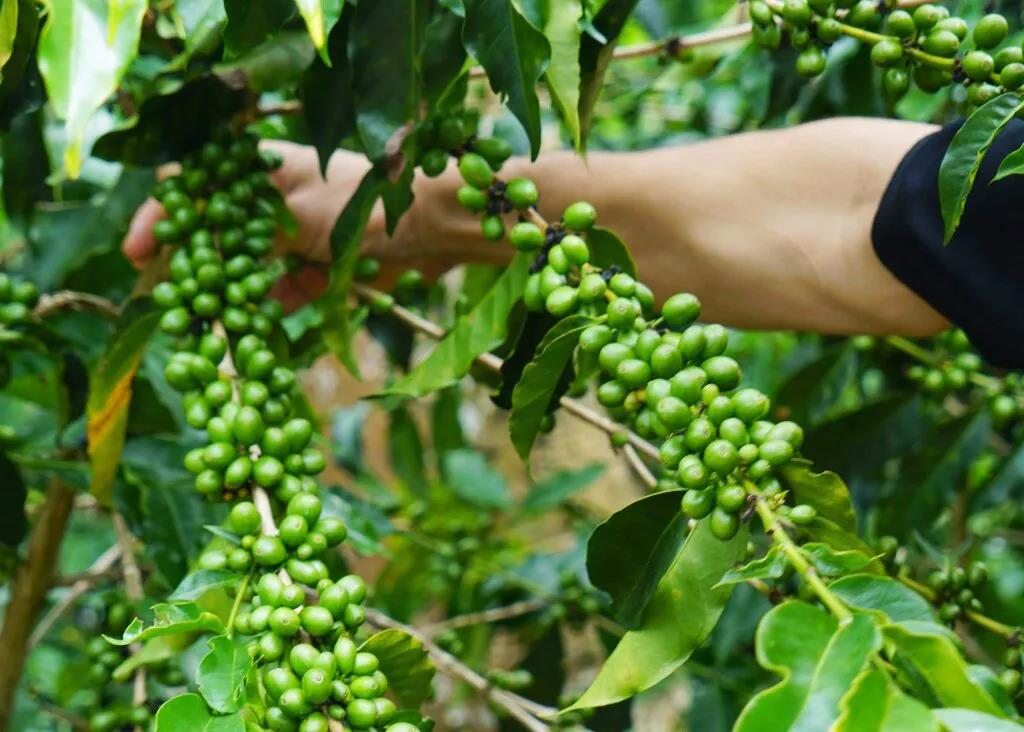
The microclimate of Candle Manor is conducive to the growth of coffee; in the early morning of the dry season, it can experience a temperature of 9 degrees Celsius, rising to 35 degrees Celsius at noon, and then dropping to 9 degrees Celsius at dusk. Such a huge temperature difference between day and night can make the coffee fruit better accumulate nutrients and produce a more delicate flavor. Qianjie believes that this high-altitude environment with a large temperature difference between day and night is exactly what Rosa coffee trees want. The temperature difference is that the growth rate of the coffee tree slows down, and the coffee bean flavor takes a long time to form, the more rich the coffee flavor will be. The fragrant flavor of high-altitude Rosa coffee can not be reproduced by Rosa grown at low altitude.
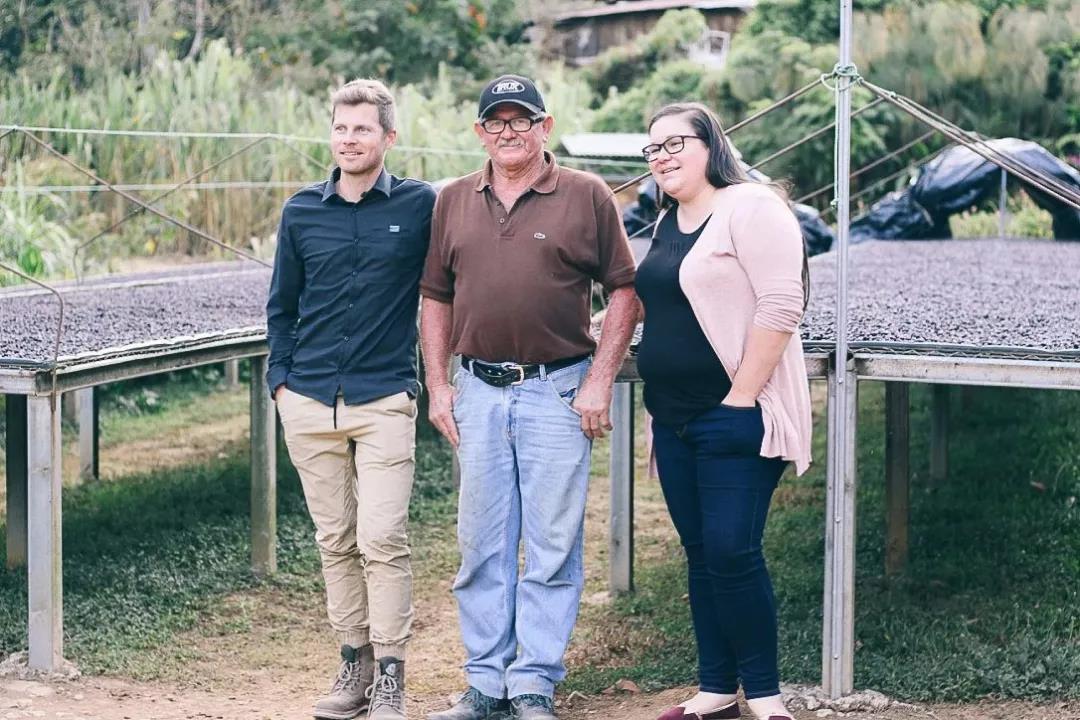
At first, Xiao Candle Farm was just an ordinary coffee farm run by several partners, who would send the coffee fruit to the local cooperative for processing. Until 1997, when the coffee crisis affected the coffee industry in Costa Rica, one of the partners proposed to launch a project for a small processing plant to integrate the resources of several partners at the same time to set up a small candle estate in 2000. Small Candle Manor has its own small coffee processing plant, which can not only handle different batches of coffee on its own, but also ensure quality management in the process.
I just mentioned that the owners named the manor Xiao Candle because of fireflies. In order to protect these fireflies, Xiao Candle Manor adopts environmental protection technology. The staff and operation of the manor will not have a negative impact on the environment, and the small Candle Manor is more willing to treat the environment in a balanced and beneficial way.
Rose summer coffee variety
Geisha
In 1931, a team of botanists visited southwestern Ethiopia, where they found rose beans in a primeval forest and took them to Kenya, where they were planted in nurseries; then they spread to Kenya and Tanzania; in 1953, they obtained some rose seeds from Tanzania at the Costa Rican research institute CATIE.
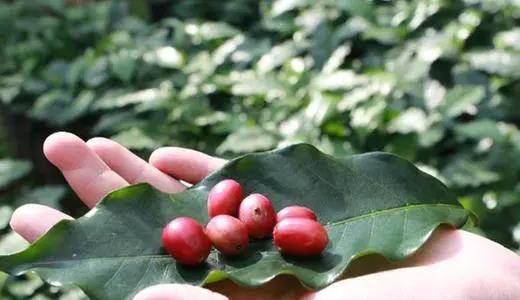
Pachi Serracin, the old owner of Don Patch Manor in Panama in 1960, brought Rose Summer to Panama from Costa Rica and reached the pinnacle of "Dousheng" after the owner of the Emerald Manor accidentally discovered that he was ill and took part in the competition.
Washing treatment method
Washed
In order to highlight the bright acidity of the beans and the fragrance of the flowers, the owner of the small Candle Manor in front of the street used water washing to treat the raw beans. Put the screened coffee fruit into a peeling machine to initially remove its skin and pulp; put the coffee beans with residual pectin into water and let them ferment for about 24 hours; after fermentation, wash the coffee beans with parchment in a flow tank to remove their pulp and pectin; dry the coffee beans after cleaning or dry them with the help of a dryer to reduce the moisture content to about 12%. Finally, remove the parchment of raw coffee beans.
Qianjie Coffee Baking record
Furnace temperature 180 ℃ into the pot, firepower 130, throttle open 3; temperature recovery point 1: 39: 32 ", furnace temperature 130 ℃ when the throttle is opened to 4, firepower remains unchanged; when the furnace temperature is 151.6 ℃, the bean meter turns yellow, the smell of grass disappears completely, and enters the dehydration stage.

The smell of toasted bread has obviously changed to the smell of coffee, which can be defined as a prelude to an explosion. At this time, it is necessary to listen carefully to the sound of the explosion point. The sound of the explosion point begins to explode at the 8th hour, the throttle opens to 5, and after the explosion, the development of the ℃ is 28190 ℃.
Coffee cup test report on Qianjie
Qianjie coffee will be tested 8 hours after each round of beans, using the 200ml standard cup test bowl, using the No. 20 standard sieve pass rate of 70% Mel 75% grinding degree, powder content 11.1g. The water quality TDS is 120ppm and the water temperature is 94 degrees Celsius. First grind and smell the dried incense, then fill the bowl with water. Confirm the wet incense, break the residue and pick up the residue after 4 minutes to taste the flavor.
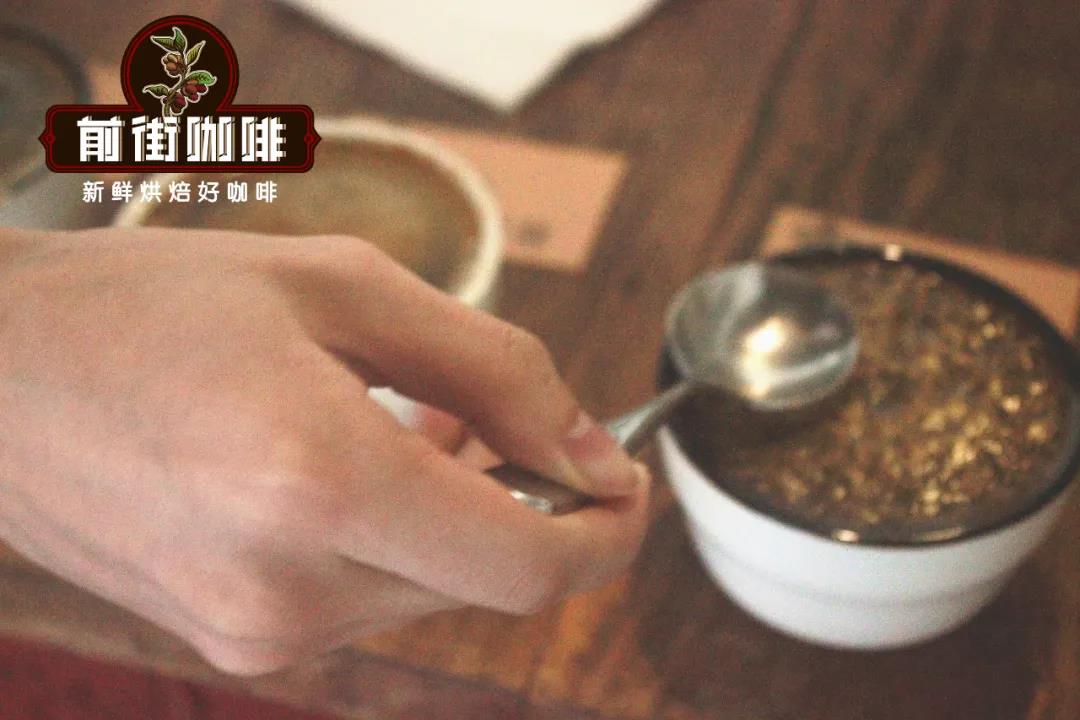
Dried fragrance: citrus
Wet fragrance: the scent of white flowers
Flavor: Jasmine, lemon, green tea, honey
Experience of brewing coffee in Qianjie
Filter cup: V60 # 01
Powder content: 15g
Ratio of powder to water: 1:15
Degree of grinding: BG6m (pass rate of No. 20 screen is 80%)
Water temperature: 90-91 degrees
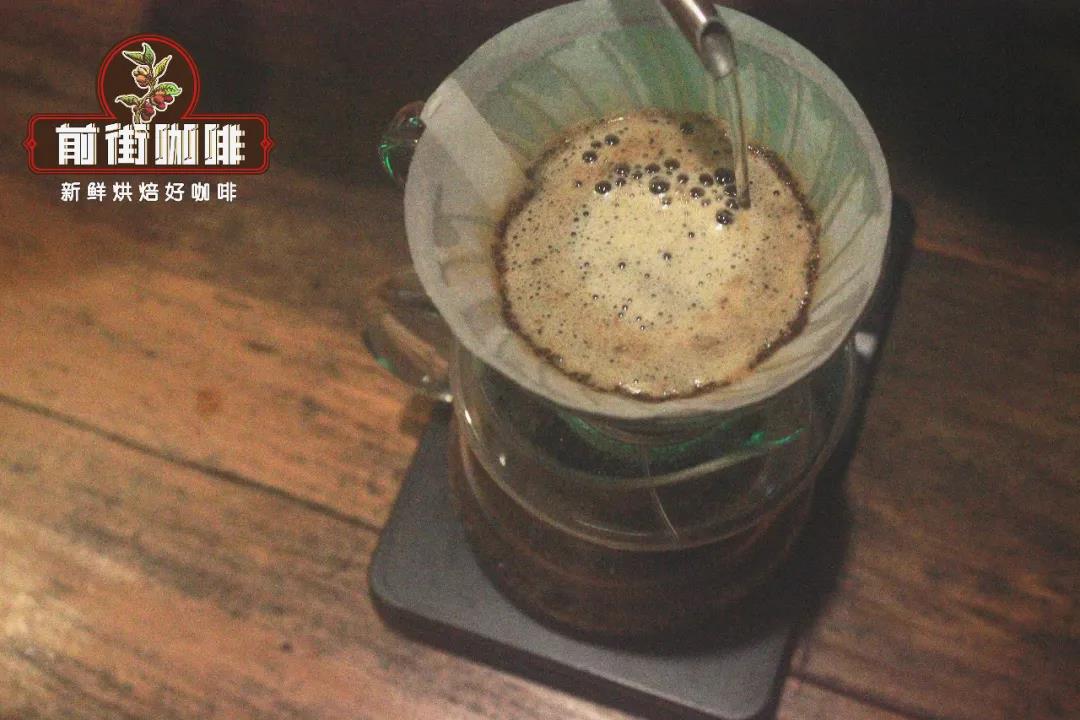
Qianjie coffee is extracted by stages, also known as three-stage brewing: steaming with 30 grams of water for 30 seconds, injecting water around a circle to 125 grams for stages, continuing to inject water to 225 grams when the water level is about to be exposed to the powder bed, removing the filter cup when the water level is about to be exposed to the powder bed, (steaming starting timing) the extraction time is 2 grams 39ter01 ".
Brewing flavor: the fragrance of jasmine, the acidity of lemon, the aftertaste of honey green tea.
For more boutique coffee beans, please add private Qianjie coffee on Wechat. WeChat account: kaixinguoguo0925
Important Notice :
前街咖啡 FrontStreet Coffee has moved to new addredd:
FrontStreet Coffee Address: 315,Donghua East Road,GuangZhou
Tel:020 38364473
- Prev
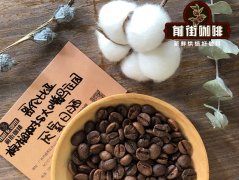
Anaerobic Solar treatment of Coffee beans in Colombian Palm and Big Bird Manor
For more information on coffee beans, please follow the Coffee Workshop (official Wechat account cafe_style) the palm trees used by the South Korean champions of the 2019 WBC World Barista Competition and the lactic acid fermentation of the Big Bird Manor to treat the coffee beans, which can still be seen in this year's WBrC World Coffee Brewing Competition. This also makes many friends talk about the village.
- Next
How to define the blending and cooking scheme for the treatment of rose summer with Costa Rican raisin honey
Professional coffee knowledge exchange more coffee bean information Please follow the Coffee Workshop (Wechat official account cafe_style) an article in front of the street talked about small Candle Manor. Today we would like to talk about Milasu Manor, which is our neighbor. Esteban Sanches, the owner of Milasu Manor, was originally a member of the family of Xiao Candle Manor. Coban was born with his enthusiasm for coffee and coffee varieties.
Related
- Beginners will see the "Coffee pull flower" guide!
- What is the difference between ice blog purified milk and ordinary milk coffee?
- Why is the Philippines the largest producer of crops in Liberia?
- For coffee extraction, should the fine powder be retained?
- How does extracted espresso fill pressed powder? How much strength does it take to press the powder?
- How to make jasmine cold extract coffee? Is the jasmine + latte good?
- Will this little toy really make the coffee taste better? How does Lily Drip affect coffee extraction?
- Will the action of slapping the filter cup also affect coffee extraction?
- What's the difference between powder-to-water ratio and powder-to-liquid ratio?
- What is the Ethiopian local species? What does it have to do with Heirloom native species?

